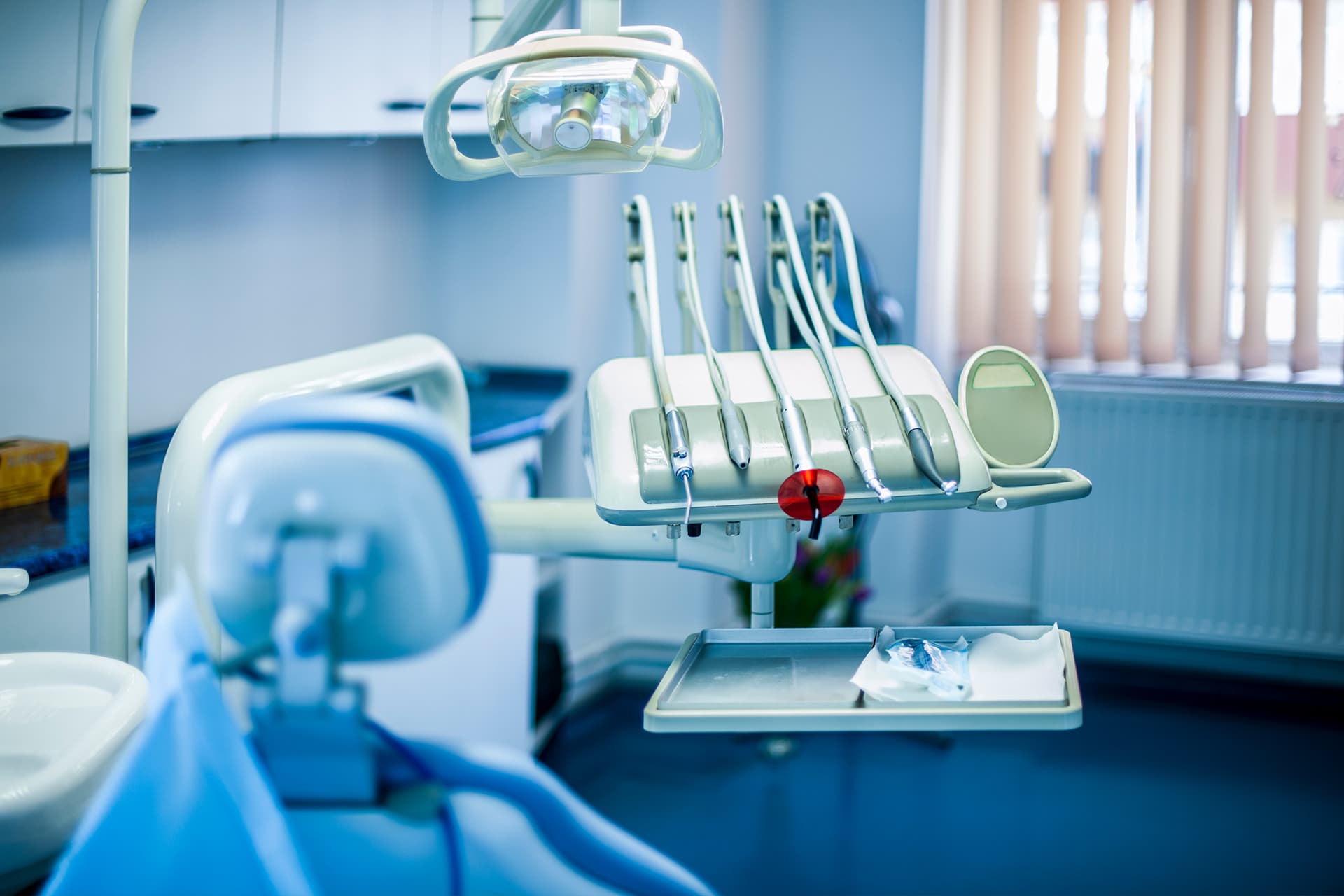Rheumatoid arthritis is a chronic autoimmune disorder that causes joint swelling, pain and stiffness. The disease can affect any joint in the body and can also damage the blood vessels, heart, eyes, skin and lungs. Rheumatoid arthritis develops when your immune system mistakenly attacks the tissues in your body. This causes painful swelling in the lining of the joints, which could ultimately lead to joint deformity and bone loss.
Symptoms of rheumatoid arthritis include:
- Fatigue
- Fever
- Weight loss
- Stiff joints
- Warm, tender and swollen joints
During the earlier stages of the disorder, only the smaller joints are affected, especially the joints that attach your fingers to your hands. However, as the disease advances, the symptoms can spread to your wrists, ankles, knees, elbows, shoulders and hips. Additionally, nearly 40 percent of people with rheumatoid arthritis experience problems with the kidneys, lungs, blood vessels and other areas of the body.
Symptoms can come and go and can vary in terms of severity. Eventually the joints can deform and shift out of place.
How is rheumatoid arthritis diagnosed?
It can be difficult for a physician to identify rheumatoid arthritis during the early stages because the symptoms of the disease are similar to other conditions. During your appointment, the doctor will examine your joints to identify swelling, redness and warmth, and also check your reflexes and the strength of your muscles.
Your physician will order blood tests and may recommend imaging tests. Typically, people with rheumatoid arthritis have a higher erythrocyte sedimentation rate (ESR, or sed rate) or C-reactive protein (CRP) in the blood. This can be a sign of inflammation. X-rays can help your physician track the advancement of rheumatoid arthritis. Ultrasounds and MRI's can help your doctor assess the severity of the disease.
What treatment options are available?
Although there is no cure for rheumatoid arthritis, treatment options have greatly improved. Early diagnosis is very beneficial. Recent research indicates that remission is more likely when disease-modifying antirheumatic drugs (DMARDs) are used during the early stages. The medicines prescribed for treatment vary, depending on the severity of your the symptoms and how long you have had the disease. Medications used to treat rheumatoid arthritis include:
- Nonsteroidal Anti-inflammatory Drugs (NSAIDs) - NSAIDs such as ibuprofen (Advil) and naproxen sodium (Aleve) reduce pain and swelling. Your doctor can prescribe stronger NSAIDs. Please note: these medications can cause heart problems, stomach irritation, as well as liver and kidney damage.
- Corticosteroids - Corticosteroids like prednisone decrease swelling and pain and delay joint damage, but they can cause weight gain and bone thinning. Often they are only prescribed to treat acute symptoms. Your dosage will be decreased gradually.
- Disease-Modifying Antirheumatic Drugs (DMARDs) - These drugs can delay the advancement of the disease and prevent permanent damage to the tissues and joints. Common types of DMARDs include methotrexate (Trexall, Otrexup, Rasuvo) and hydroxychloroquine (Plaquenil). Although side effects may vary, DMARDs can cause severe lung infections and liver damage.
- Biologic response modifiers - These are new types of DMARDs designed to target the parts of the immune system that cause inflammation. These include abatacept (Orencia), adalimumab (Humira), certolizumab (Cimzia), etanercept (Enbrel), and other medicines, and are typically very effective when paired with a nonbiologic DMARD like methotrexate. However, they can make you prone to infection.
In addition to medicine, your physician may recommend you see a physical or occupational therapist who can teach you exercises designed to help keep your joints flexible. He or she can also recommend new ways to complete daily tasks in a way that is less strenuous on your joints. Assistive devices can also put less stress on your joints.
If medications are not effective, your doctor may recommend surgery. Surgery can restore joint mobility, relieve pain and correct deformities. Surgical options include:
- Total Joint Replacement - During this procedure, the damaged parts of your joints are removed and replaced with a sturdy prosthesis. This surgery can cause infection, pain and bleeding, so it is important to discuss the risk and benefits with your doctor.
- Synovectomy - During a synovectomy, the inflamed lining of the joint (synovium) is removed. This procedure can be done on the elbows, hips, wrists, fingers and knees.
- Tendon repair - Joint damage and swelling can cause the tendons around your joint to rupture or loosen. Your physician may be able to repair it.
- Joint fusion - Your physician can perform this procedure to realign or stabilize a joint if joint replacement is not an ideal treatment option. Joint fusion can also relieve pain.
Living with Rheumatoid Arthritis
If you have rheumatoid arthritis, medication, along with these self-care measures can reduce your symptoms.
- You should exercise daily. Gentle exercises can help make the muscles around your joints stronger. Please speak with your doctor before beginning an exercise regimen.
- Hot compresses can reduce pain and relax the muscles. Cold compresses can dull pain and reduce muscle spasms.
- Decreasing the stress in your life can help you manage your pain, so try guided imagery, muscle relaxation and other methods.

